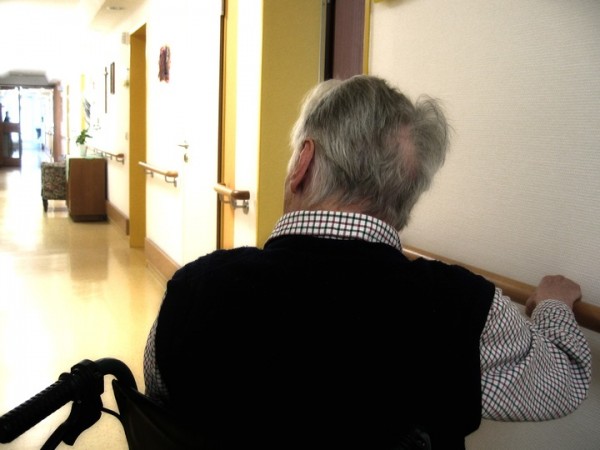Dementia is Treatable, Experts Say
Dementia is not just a single disease. It has over 200 different subtypes. Over the last ten years, neurologists have turned more and more interested in one specific subtype-autoimmune dementia.
For this subtype, symptoms like memory loss and confusion are caused by brain inflammation resulting from rogue antibodies, also called autoantibodies that bind to the neuronal tissues, instead of an underlying neurodegenerative illness.
The term 'crucially' means that different from nearly all dementia forms, it can be treated in some circumstances, and specialist neurologists have turned more and more adept at both detecting and treating the condition.
Sarosh Irani, a neurologist at the John Radcliffe Hospital, University of Oxford, is one of the world's leading experts in treating neurological conditions resulting from a malfunctioning immune system.
When an 80-year-old dementia patient, John Abraham, was admitted at the hospital under Irani's care in January this year after a seizure attack, the latter realized that "the source of his problem was autoantibody which targeted protein in the brain" known as LGI1.
ALSO READ: Is Hearing Loss Responsible for Millions of Dementia Cases Worldwide? Here's What Scientists Say

80-year-old John Abraham went through a treatment also known as ‘plasma exchange,’ aiming to wash the disease-causing antibodies’ blood.
'Autoimmune Dementia'
Reports on the condition indicate that the main revealing hint was the rapidity of onset, one of the crucial distinguishing features of autoimmune dementia.
The symptoms typically occur very fast, said Irani adding, "Over a few weeks or months, patients" are developing memory problems. The behavior and personality change, too.
Furthermore, the lead author said, patients who have neurodegenerative forms of dementia can also have seizures or development disorders. However, this usually takes place in the disease the moment degeneration has taken place. In autoimmune dementia, Irani emphasized, "There are early problems."
The 'Plasma Exchange Treatment'
Abraham went through a treatment, also known as "plasma exchange," aiming to wash the disease-causing antibodies' blood.
The effect was nearly instant. "For me," said Abraham, it led to a "complete transformation in one or two days." He added, his family went to see him in the hospital, "and they just looked at each other in amazement."
Such huge improvements are frequently testified as soon as treatment can comprise too, steroids and other immunotherapies start.
According to Minnesota-based neurologist Eoin Flanagan, patients can go "from being in a nursing home, unable to communicate," to going back to work, being able to drive again.
DON'T MISS THIS: Researchers Reveal How a Keto Diet Could Help Reduce Alzheimer-Causing Fungi in the Gut
Another Story of Successful Treatment
In October last year, another patient, 19-year-old Pippa Carter, was confined at the John Radcliffe hospital. She started an English literature degree at a university when she noticed her vision appeared oddly distorted.
Recalling what happened, Carter said she would be in lectures and was really having a hard time focusing her eyesight, not to mention concentrating in general.
"I was trying to audition for a university play," she continued saying, she needed to stop as she could not really read at all. At first, the 19-year-old thought it was just nerves as she was beginning a chapter in her life.
But within weeks, Carter found herself unable to utter her words properly before she was brought to the hospital following a large seizure attack.
And, like Abraham, it was her decline's speed, which notified the doctors of a probable autoimmune cause. Within one week, Irani recalled, the patient was hallucinating and shouting things.
And, in her hospital room, continued Irani, Carter was drawing "bizarre childlike images on the wall," similar to things a four-year-old would illustrate.
Doctors said carter suffered from a neuropsychiatric syndrome resulting from autoantibody binding to the brain's NMDA receptors. NMDA receptors are proteins playing a vital role in learning and formation of memory.
She then started to undergo treatment, initially with steroids. Then, with rituximab, immunotherapy, her condition began to improve. Now, over one year on, Carter still hopes she could resume her studies soon.
IN CASE YOU MISSED IT: 6 Reasons Why You're Gaining Weight Unintentionally
Check out more news and information on Autoimmune Dementia on MD News Daily.
Oct 26, 2020 09:00 AM EDT




